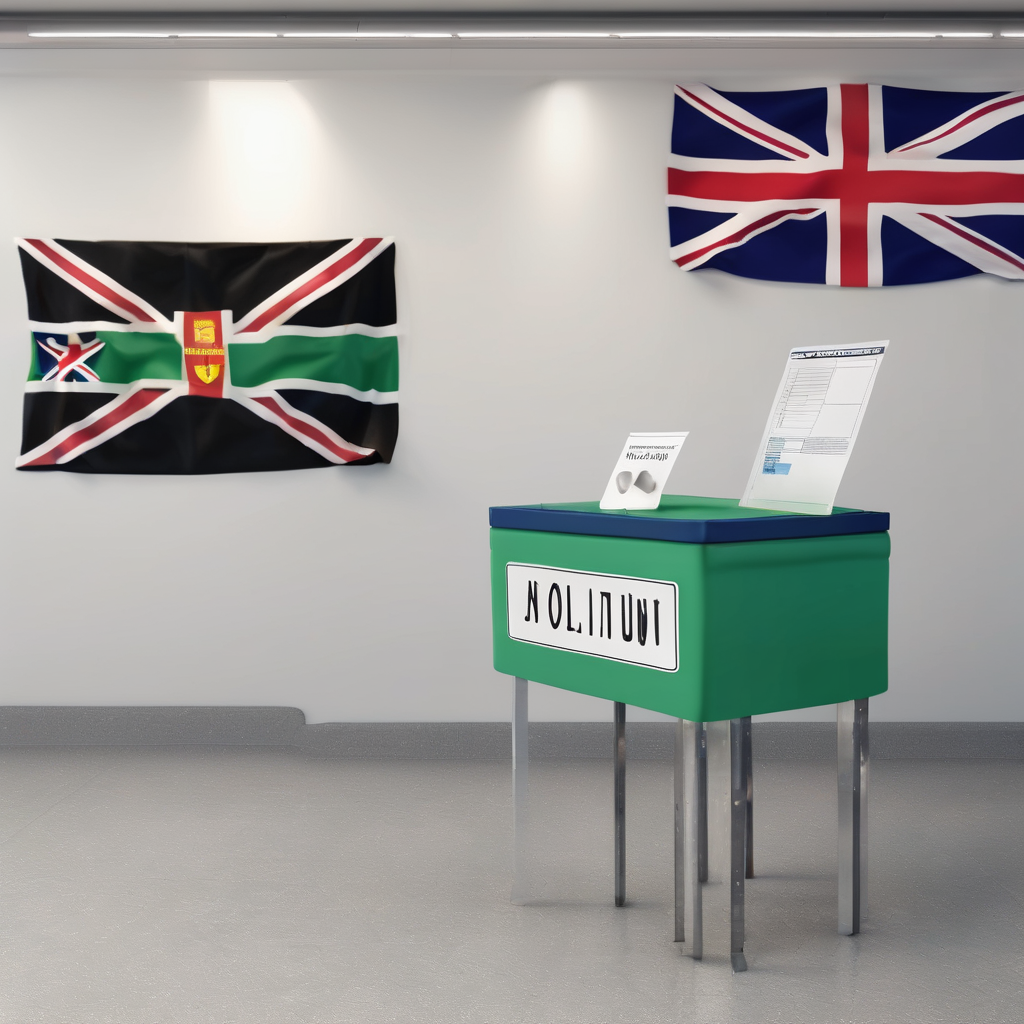Confusion regarding polling stations and low voter turnout in Fiji’s elections have sparked renewed discussions about potentially extending the national election period over multiple days. Ratu Rakuita Vakalalabure, Chair of the Standing Committee on Justice, Law and Human Rights, addressed the issue while reviewing the Joint Report of the 2022 General Election. He noted that many voters faced challenges and were turned away simply because they attended incorrect polling locations, largely due to registration errors.
Vakalalabure advocates for a longer voting period, arguing it would allow more citizens to participate in casting their votes. He emphasized the importance of civic duty, stating, “Most of the time in previous elections, people went to the wrong stations because of what was written on their ID, which is not their fault. It was the registration of the Fiji election officials’ fault.”
Ana Mataiciwa, the Supervisor of Elections, acknowledged the confusion over polling locations but maintained that the existing one-day voting system has been effective. She cited the lack of collaboration and communication with stakeholders as a significant factor affecting voter knowledge and turnout during the 2022 elections. Mataiciwa mentioned that, in some instances, scheduled pre-polling did not see participation as planned, often due to voters being unaware of the voting schedules.
Plans are underway to enhance voter education and community engagement as discussions about extending the voting period continue. Officials recognize the need to improve outreach efforts, particularly among young voters, through schools and universities.
This initiative aligns with broader efforts to facilitate greater access to voting in Fiji. For instance, the Fiji Law Reform Commission has proposed extending pre-polling periods to accommodate seniors and individuals with disabilities, suggesting a shift towards more inclusive electoral practices. Additionally, there are calls for allowing voters to cast ballots at any location across the country, rather than specific registered polling stations—an idea broadly supported by citizens seeking a more accessible electoral process.
The ongoing discussions regarding how to streamline voting processes reflect a collective desire to not only improve participation but also reinforce the democratic framework in Fiji. The proactive measures being taken to address voter concerns indicate a hopeful outlook for future elections, fostering a more engaged and informed electorate ready to exercise their civic rights.
